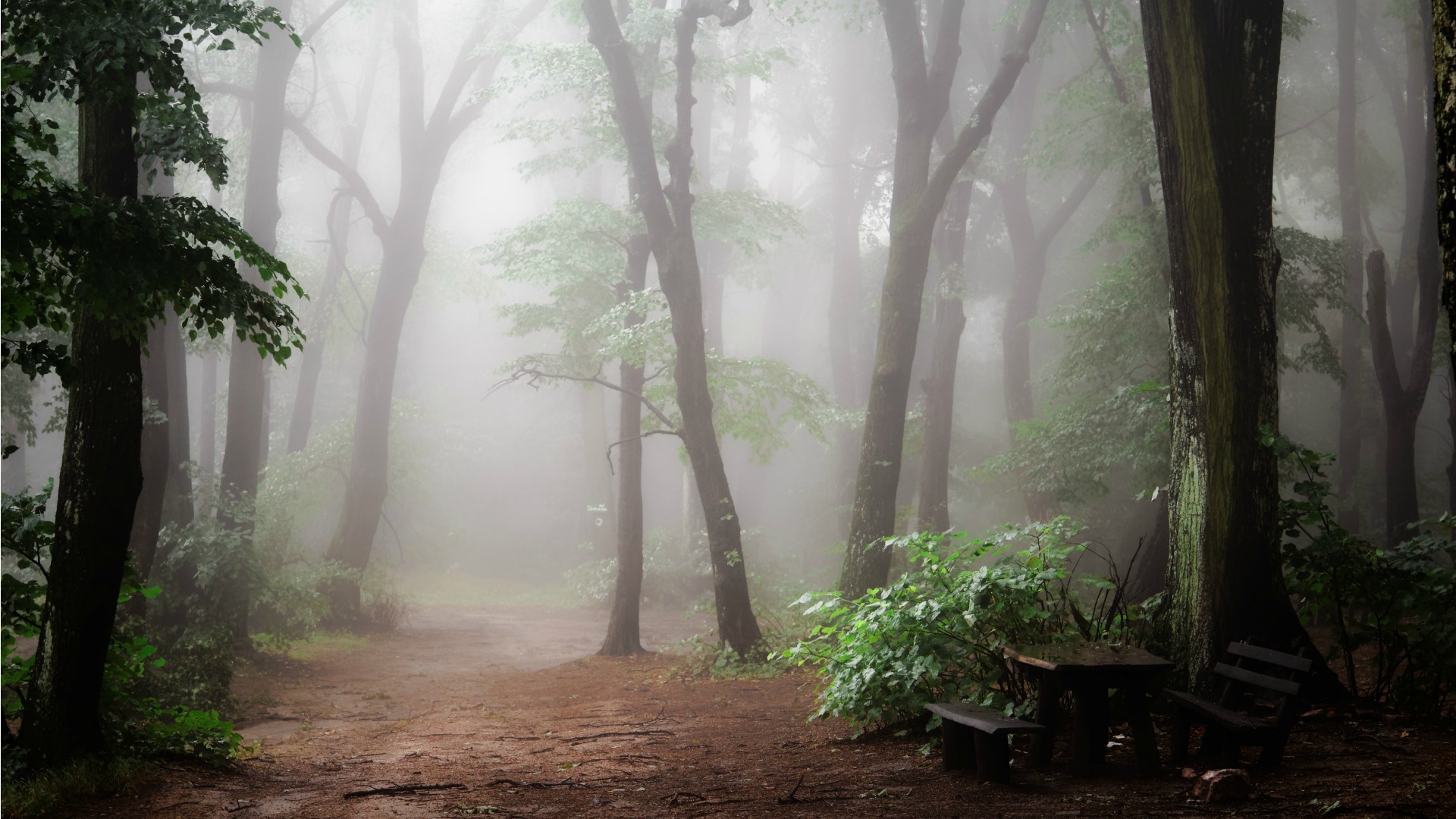What might be revealed through our loss of connectedness to the environment around us? Where do we find harmful deterioration in our world as well as hope for the future of our major ecological systems? How does Scripture address ecology? In episode 9 of text.soul.culture, Dr. Steven Bouma-Prediger joins Dr. J. Derek McNeil to consider these questions as the two discuss ecological homelessness and degradation. Dr. Bouma-Prediger is Professor of Religion and Director of Environmental Studies at Hope College. In 2016, he visited The Seattle School as our featured speaker for the Stanley Grenz Lecture Series.*
The Dialogue
What about your story has shaped your love for the earth?
Steven: I was fortunate to grow up with woods behind our house and have fond memories of wandering through them. Year round, I would spend time outside and gained a tactile sense of which trees were which, though I couldn’t name them. With both parents on an academic schedule, we would spend 2-3 weeks each summer tent camping or vacationing in a pop-top trailer. The summer before senior year, I became a camp counselor at a camp that focused on canoeing and backpacking. I realized I could do that for the rest of my life. Later, in 1980, I started Wilderness Adventures, which ran during the summers.
What do you mean by ecological homelessness?
Steven: I began to pick up on different kinds of homelessness. I remember one philosopher saying, “We’re feeling homeless in our homeland because of global warming.” To feel at home is to have an affiliation with a place, to know what is going on, to feel safe, and be at rest. Many are not feeling safe or connected in the environment, and we are losing a sense of what the environment around us is like.
What have been the main ecological degradations and improvements?
Steven: Global climate change has been huge because it affects so many issues. There is also the rapid loss of biodiversity; three species a day going extinct is not sustainable. Water quality and quantity are low in many areas. Thankfully, we are seeing some positives. Air quality has improved in a number of places. There have been opportunities to make changes, as with the Paris Accord. However, if we just keep going with business as usual, we will have serious problem within a couple of decades. And, in some ways, the future is happening now.
What are the images of hope that you have seen?
Steven: The Montreal Protocol is one that is well known. But I believe local efforts are most important. For example, our community raised $15 million to clean up the mess of local watershed. There are also educational changes. Now, some preschools are environmentally-oriented, and there is an emphasis on project-based learning in middle schools.
Highlights and Takeaways
- Why time in the wilderness can be directly connected to the joy of relating with others
- How Scripture addresses ecology in many ways
- Where positive trends in the environment are coming from: not top-down influences but percolating up from the bottom (entrepreneurs and other locals in the environment)
Stanley Grenz Lecture Series
*This year, we are pleased to welcome Reverend Dr. Soong-Chan Rah as our keynote speaker for the Stanley Grenz Lecture Series. Dr. Rah will open the series on Tuesday morning, November 6 with a lecture entitled “The Necessity of Lament in a Broken World” and close in the evening with a dialogue engaging “White Supremacy, Racialized Trauma, and the Need for a Redemptive Mediating Narrative.” We invite you to join us for this annual, free event honoring the legacy of Dr. Stanley Grenz and our ongoing commitment to the intersection of theology and culture. Learn more and RSVP.
About Dr. Steven Bouma-Prediger
Dr. Steven Bouma-Prediger is a professor and prolific author in the realms of theology, ecology, and environmental studies. He serves as Professor of Religion, Director of the Environmental Studies program, and Associate Dean for Teaching and Learning at Hope College in Michigan. He has written more than 100 articles, essays, and reviews, and his book publications include The Greening of Theology, For the Beauty of the Earth, and Beyond Homelessness: Christian Faith in a Culture of Displacement.
About text.soul.culture
Hosted and curated by Dr. J. Derek McNeil, Academic Dean, text.soul.culture is guided by a commitment to understanding narrative, wrestling with intersections, resisting reactivity, and fostering radical hospitality. Every other week, Derek is joined by faculty members, alumni, visiting thought leaders, and other conversation partners to explore what it means to foster wisdom and imagination for a world in need of complex thinkers and healers.

